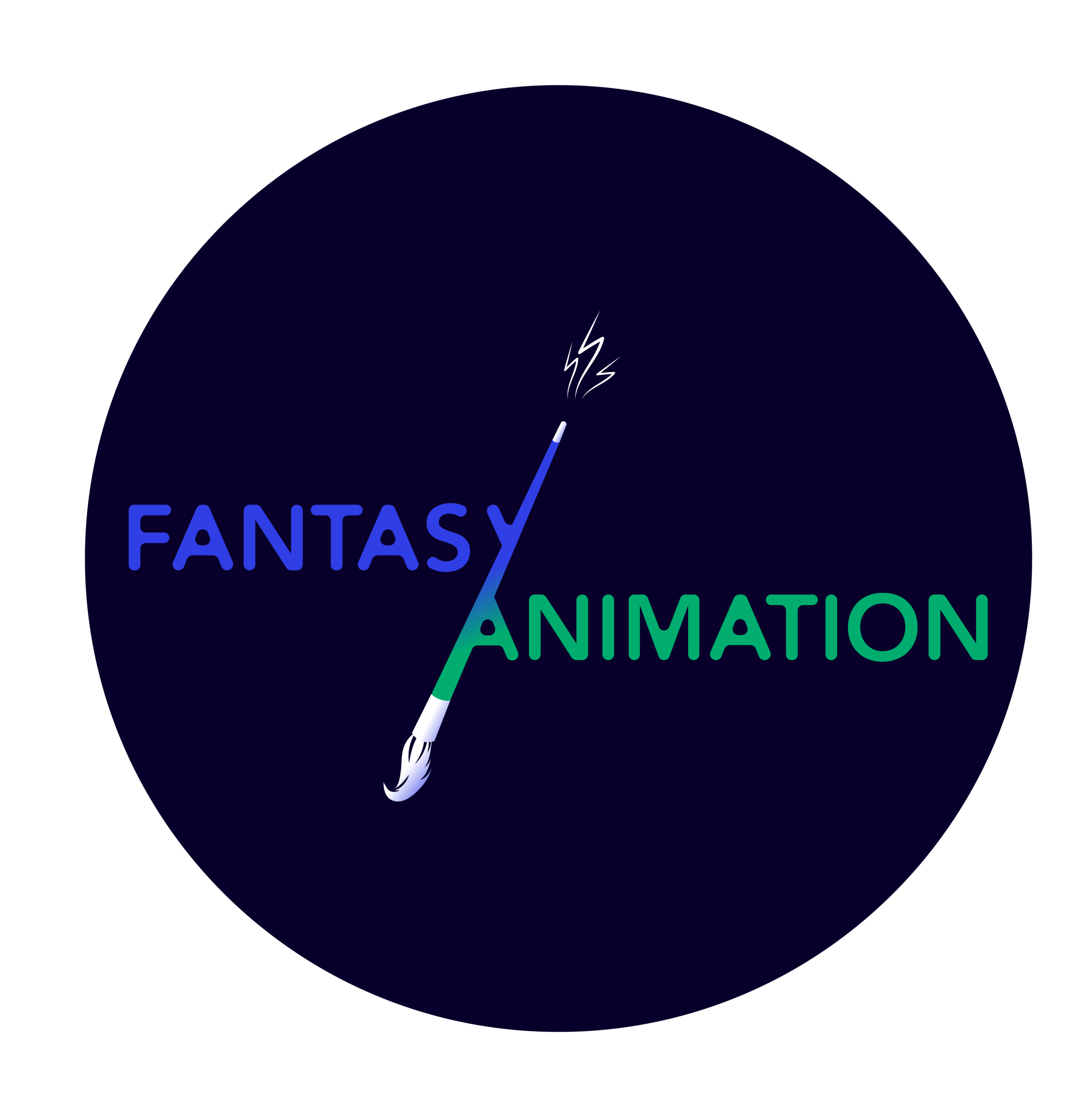Episode 34 - Ex Machina (Alex Garland, 2014) (with Andrew Whitehurst)
The Fantasy/Animation podcast takes listeners on a journey through the intersection between fantasy cinema and the medium of animation. Available via Apple Podcasts, Spotify and many of your favourite podcast hosting platforms!
Episode 34 sees Chris and Alex focusing on the pleasures, politics and posthumanism of science-fiction parable Ex Machina (Alex Garland, 2014). To help untangle the circuitry of Garland’s film, they are joined by Academy Award-winning visual effects artist Andrew Whitehurst. Andrew is currently the Creative Director and VFX Supervisor at the Double Negative (DNEG) studio in London, with credits that include Troy (Oliver Stone, 2004), Harry Potter and the Order of the Phoenix (David Yates, 2007), Scott Pilgrim vs. the World (Edgar Wright, 2010), Skyfall (Sam Mendes, 2012), Paddington (Paul King, 2014), and Annihilation (Alex Garland, 2018). In this latest episode, Andrew talks about his role as Visual Effects Supervisor on Ex Machina, a film for which he received an Academy Award for Best Visual Effects in 2015. Listen as they discuss the relationship between visual effects and production design; the film’s digital construction of bodies (via facial shapes, skin simulations, and data sets for physiognomies); questions of hybrid performance in the animation (movement, walking, gesturing) of humanoid robot Ava; the erotics of technology; and what Ex Machina has to say about the broader ethics and morality of creativity.
Suggested Readings
Grodal, Torben. 1999. Moving Pictures: A New Theory of Film Genres, Feelings, and Cognition. Oxford: Oxford University Press.
Gunning, Tom. 2007. “Moving Away from the Index: Cinema and the Impression of Reality.” differences: A Journal of Feminist Cultural Studies 18, no.1 (2007): 29–52.
Shanahan, Murray. 2010. Embodiment and the Inner Life: Cognition and Consciousness in the Space of Possible Minds. Oxford: Oxford University Press.

